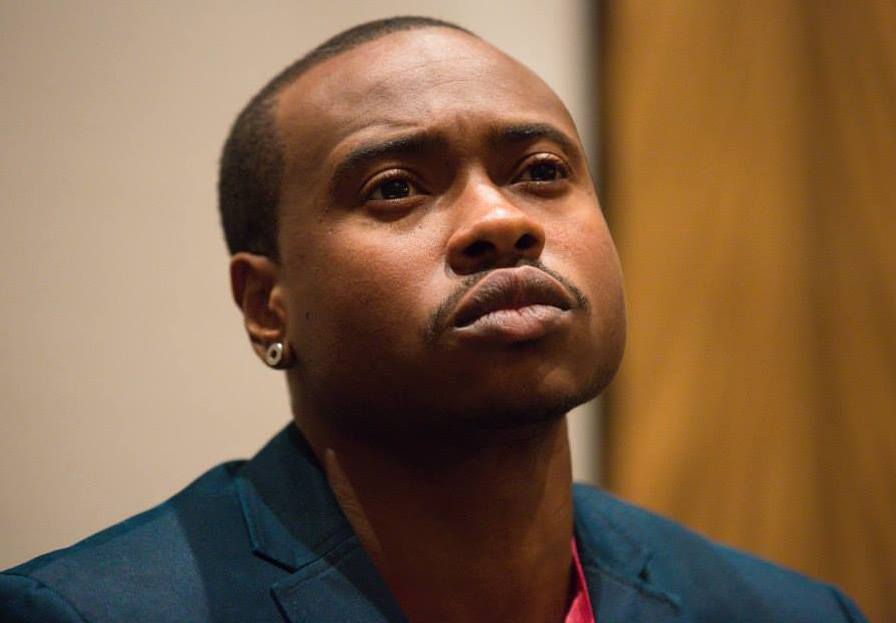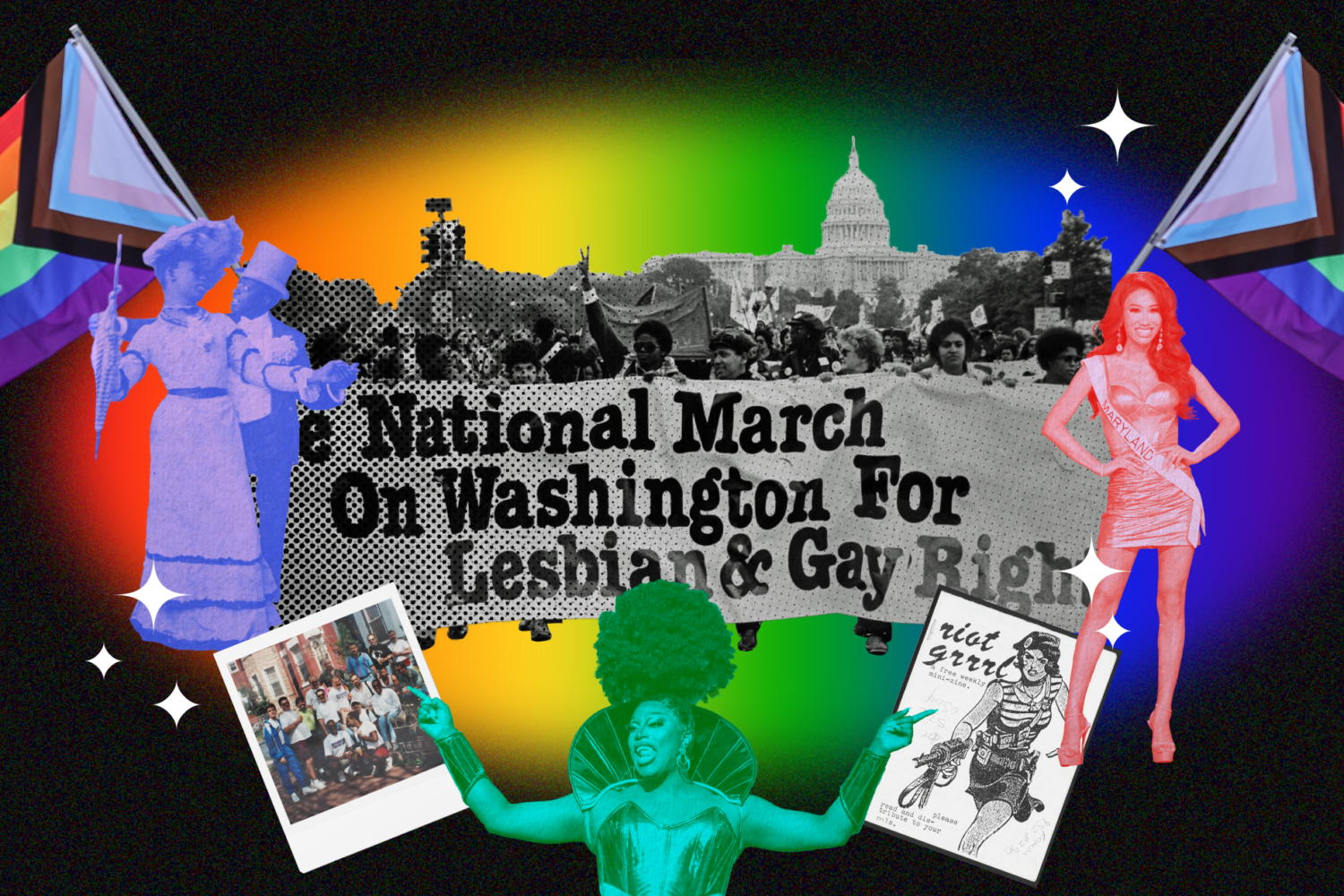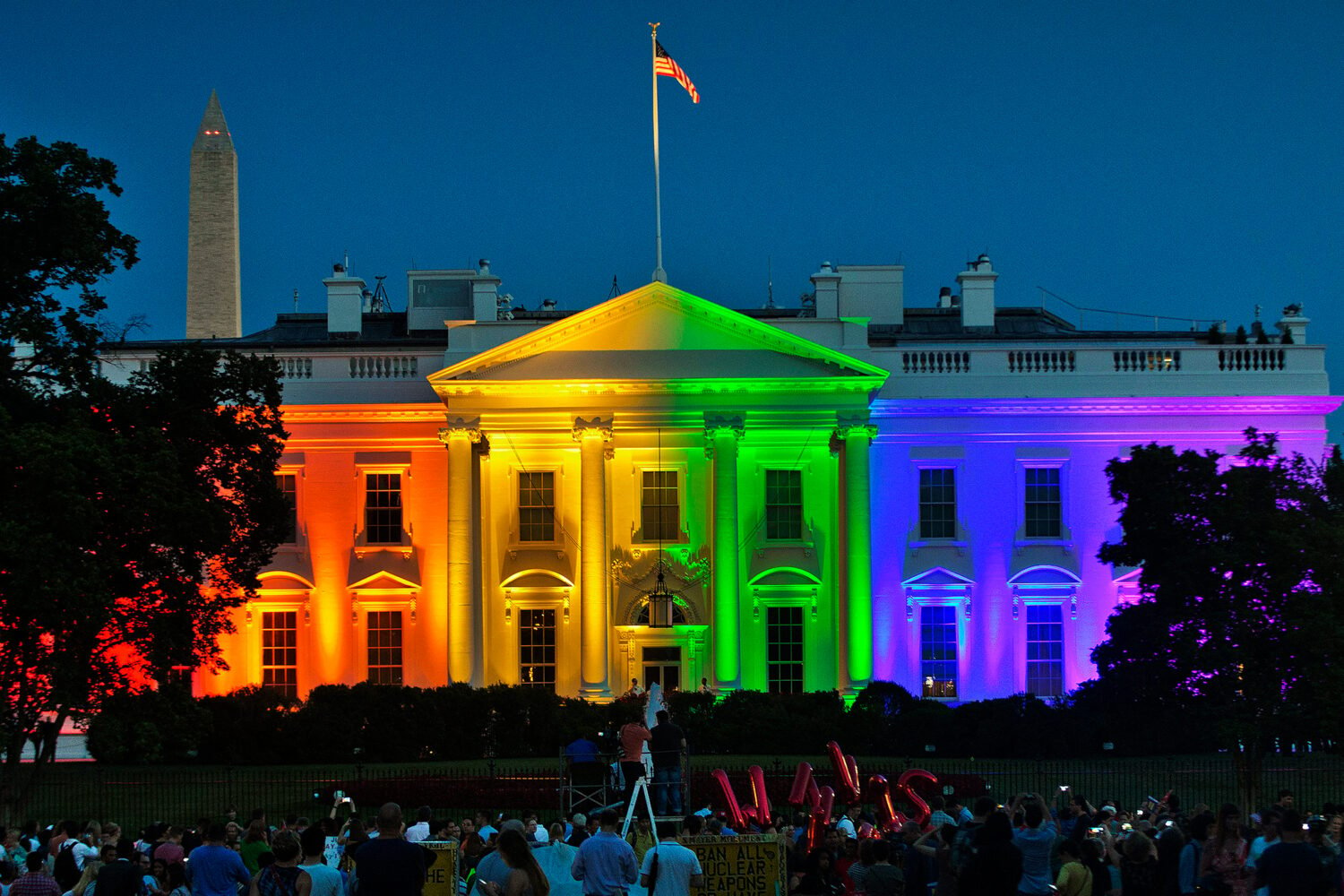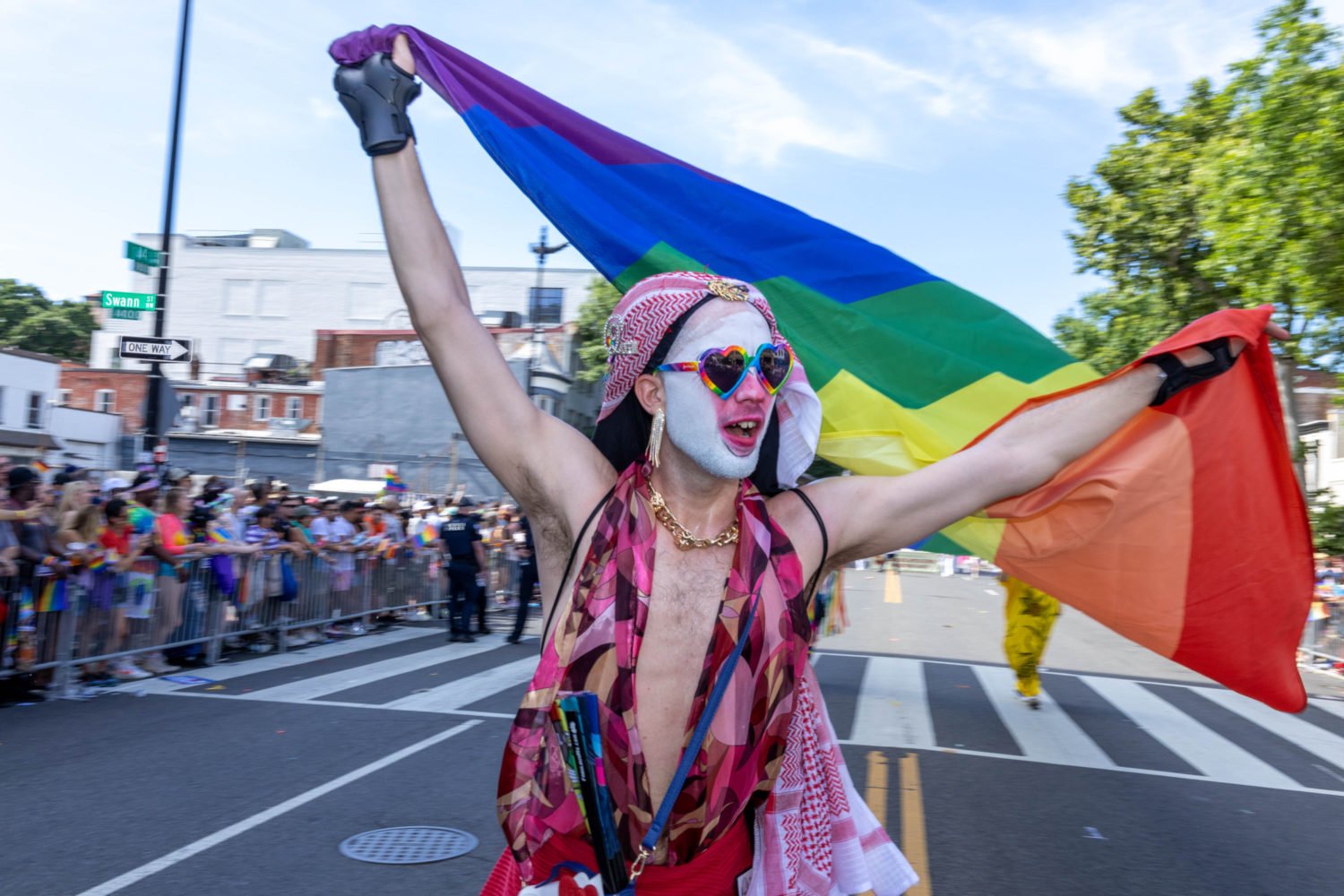Tiq Milan is the keynote speaker at this year’s Capital Trans Pride. It’s a high-profile role for someone who’s already had a few, from starring on the short-lived MTV reality series I’m From Rolling Stone to serving as an outspoken voice for the LGBTQ community, whether giving a TED Talk with his wife or delving into subjects like Dave Chapelle’s problematic standup routine and the systematic vilification of the transgender community. Washingtonian spoke with Milan about his gender experience, career, and feelings on some of hip-hop’s biggest personalities.
Milan will speak at noon on Saturday, May 19, at Foundry United Methodist Church, 1500 16th Street, NW.
You describe yourself as a journalist and activist. How do you balance the two?
I think now with the political climate, it’s really hard to try to pretend, as a journalist, that we are objective about anything. There’s so many people getting pulled in different directions, and I think this idea of objectivity is kind of a false narrative. This is what people want me to do. This is what I get paid to do. People want to hear my opinions about what’s going on and put that lens to it.
With all the different places that I’ve written for, there is a slant there, and to pretend like there isn’t would be disingenuous. The truth is that all of these news organizations and these platforms have a political lens in which their voice is in. For me, it’s not really about watering down my opinion, it’s about how do I get my opinion to be apart of this universal voice of certain platforms? We’re in a crucial time right now. There are too many things that are happening and too many lives that are at stake when it comes to the direction that our government is going in—the direction that we’re going in as a culture—for us to pretend to be objective.
I know you used to cover music, specifically hip-hop. So, I have to ask you about Kanye.
Looking at it, it seems like a media campaign, from a professional who does media campaigns. But I understand you want to be controversial, you want to drum up attention around your music and around your brand, but you can’t do that at the expense of people’s lives. People are having their access to take care of themselves and take care of their families taken away from them. Let me tell you this, anyone who says Donald Trump is their brother is no brother of mine. There’s no time for these games. I deleted all his music off of my Spotify, like, he’s completely canceled.
Any thoughts on Donald Glover?
That new single he has, “This Is America,” it’s a great song. The video is really great. I feel what he was trying to say. What Donald Glover’s showing, it’s great and it’s beautiful, but it’s not necessarily new. Because black people have always had these intense pockets of black joy, and these intense pockets of tragedy that we have to constantly move through, and I think that’s what he’s showing in the “This Is America” video. And that’s the complicated part about being black in the United States.
Is there another layer of that discomfort in being a black, trans man in America?
I have the privilege of being assumed cisgender. People always say “passing.” I don’t like that language, because I’m not deliberately trying to pass as anything. This is what my transition looks like on me. Nobody ever knows that I’m trans when I’m in the streets. But there’s a lot of anxiety of “what happens when they find out?”
I will say that being a man gives me a lot of privileges in this world and being assumed to be cisgender gives me a lot of privileges in this world, and I kind of use those privileges to be in solidarity with the trans people. This is why I’m so visible, this is why I can do this. I make sure I take up the space because people look at me and they don’t readily read me as trans. They’re more open to talking to me and listening to me, and letting me be an influencer and create change.
You’ve said that you weren’t born with this instant emotional rejection of the body you were born into, which differs from many of the public stories heard about transgender individuals’ experiences.
The trans experience isn’t a monolithic experience. I know trans kids who are coming out and understanding themselves as transgender, understanding that the gender that they have, in their hearts, in their minds, is not necessarily the gender they had at birth. This is four, five, and six years old. I had no idea at that time. I don’t think that I had any idea when I was 20. It was an evolution of my gender experience. People have to really open themselves up to understanding that a gender experience is something that’s for every individual, and it’s not just for trans people. My wife has had a gender experience as a cisgender person. My experience looks like me gradually moving from this life as a masculine girl—I was a feminine woman for a while—to the man that I am now. Luckily for me, I have a very loving and accepting family who supported me along the way. I came out when I was 14, as soon as I hit puberty. I think the only time where it really started to feel like a level of rejection, or some type of depression, was really in my transition when I realized I wanted my body to change. Before then, I was cool.



















